In Lagos, waste is everywhere, but that is not a disadvantage because Tokunbo Wahab sees opportunity in every heap. To him, the city’s 13,000 tonnes of daily refuse are not a symbol of decay; they are an untapped economy waiting to breathe.
As Commissioner for the Environment and Water Resources, Wahab’s mission sounds simple: make Lagos cleaner and create jobs while doing it. Backed by Governor Babajide Sanwo-Olu, he has overseen the recruitment of 1,400 new officers into the Lagos State Environmental Sanitation Corps, the city’s army of uniformed enforcers in the war against filth.
Yet Wahab’s real campaign happens beyond uniforms. His “Trash for Cash” initiative, run by the Lagos Waste Management Authority, invites residents to trade waste for cash every Thursday across the state’s five divisions. Plastic bottles, cans, and scraps are weighed, priced, and paid for on the spot. It’s sanitation with a business plan.
He calls it building a culture, one where Lagosians stop seeing waste as a nuisance and start seeing it as a resource. The shift, he insists, must begin at home. “The blue bin, the black bin, the green bin,” he says, recalling the habits of cleaner cities. “We can do the same here.”
Part of that vision is structural. Lagos has signed a deal with Zoom Lion to convert 4,000 tonnes of waste daily into compost and recyclables. Cart pushers are out; organised waste collection is in. And companies like Lafarge are already turning refuse into power, creating a circular economy from the city’s chaos.
The approach has side benefits: cleaner streets, fewer flash floods, and jobs for thousands. It’s the closest Lagos has come to turning its environmental crisis into a commercial ecosystem.
Still, habits die hard in Lagos, so culture change may be the toughest cleanup of all. But Wahab seems undeterred. For him, the dirt is only proof that Lagos is alive and worth saving, one plastic bottle at a time.






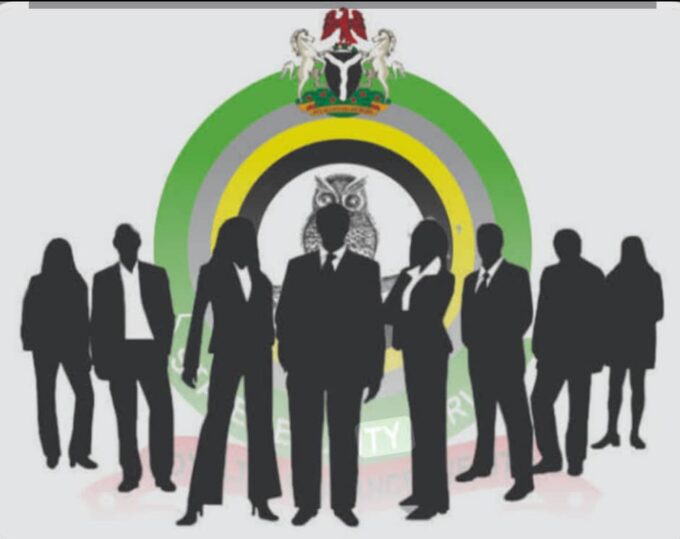


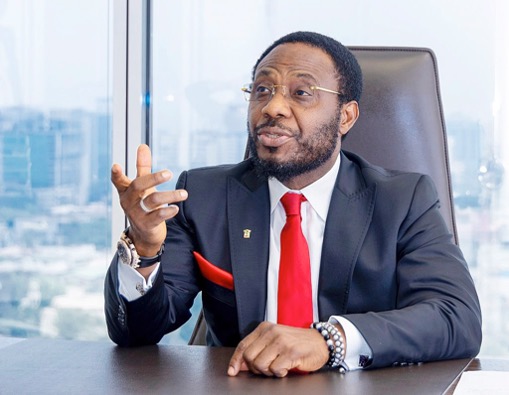
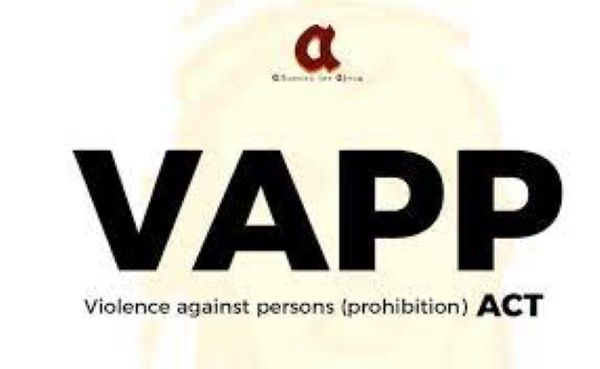
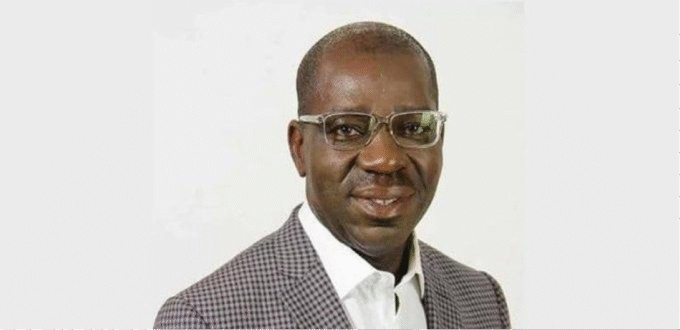




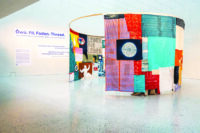

Leave a comment